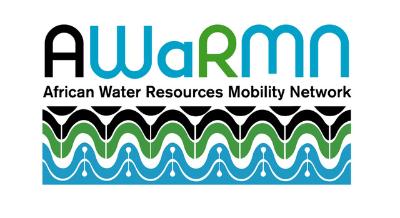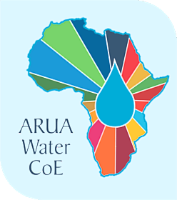Institute for Water Research
Makhanda/Grahamstown - South Africa
Overview
The Institute for Water Research (IWR) at Rhodes University is a leading research institute dedicated to the study and management of water resources. Established with the goal of addressing the critical water-related challenges faced in South Africa, Africa and beyond, the IWR is committed to advancing knowledge, fostering sustainable practices, and supporting informed water policy and management. The IWR incorporates the African Research Universities Alliance (ARUA) Water Centre of Excellence (COE) and the Centre for Environmental Water Quality (CEWQ). It is also the lead of the African Water Resources Mobility Network (AWaRMN), the Water Sustainability Science Cluster as well as being the co-host of the Africa-Europe Cluster of Research Excellence (CoRE) in Water.
Vision
The vision of the IWR is:
To produce impactful, relevant knowledge that shift water-related challenges towards sustainability.
Mission
Our mission is to advance knowledge frontiers for equitable and sustainable water management through:
- Disciplinary, inter-, and transdisciplinary research, teaching and learning, that cultivates knowledgeable and skilled graduates who are innovative and critical problem solvers.
- Embracing diversity and inclusivity and fostering collaboration and partnerships that address complex social-ecological and public health challenges.
- Active community engagement and policy influence across and for Africa.
- Promoting integrity, respect, and humility in all our interactions, including collaborative research, and co-learning.
- Fostering environmental stewardship and conscientious practices.
IWR favours the production of big-picture solutions that require scholars to step out of their traditional silos and operate across disciplines. For example, as part of the joint efforts, social scientists collaborate with ecologists; hydrologists work with political scientists, and educationalists facilitate transformative social learning.
The IWR is at the forefront of producing knowledge that addresses real-world water challenges that front communities and the environment. It does this through disciplinary, inter- and transdisciplinary research practice and excellence. It fosters collaborative research practice that recognises the value of working with diverse stakeholders, actors, disciplines and knowledge systems, to address complex water challenges. The IWR is bridging the skills gap in the South Africa and Africa water sector through its commitment to training highly qualified, competent and capable graduates.
If you would like to support IWR's research with a donation, please
click HERE and select "Institute for Water Research" from the dropdown list

